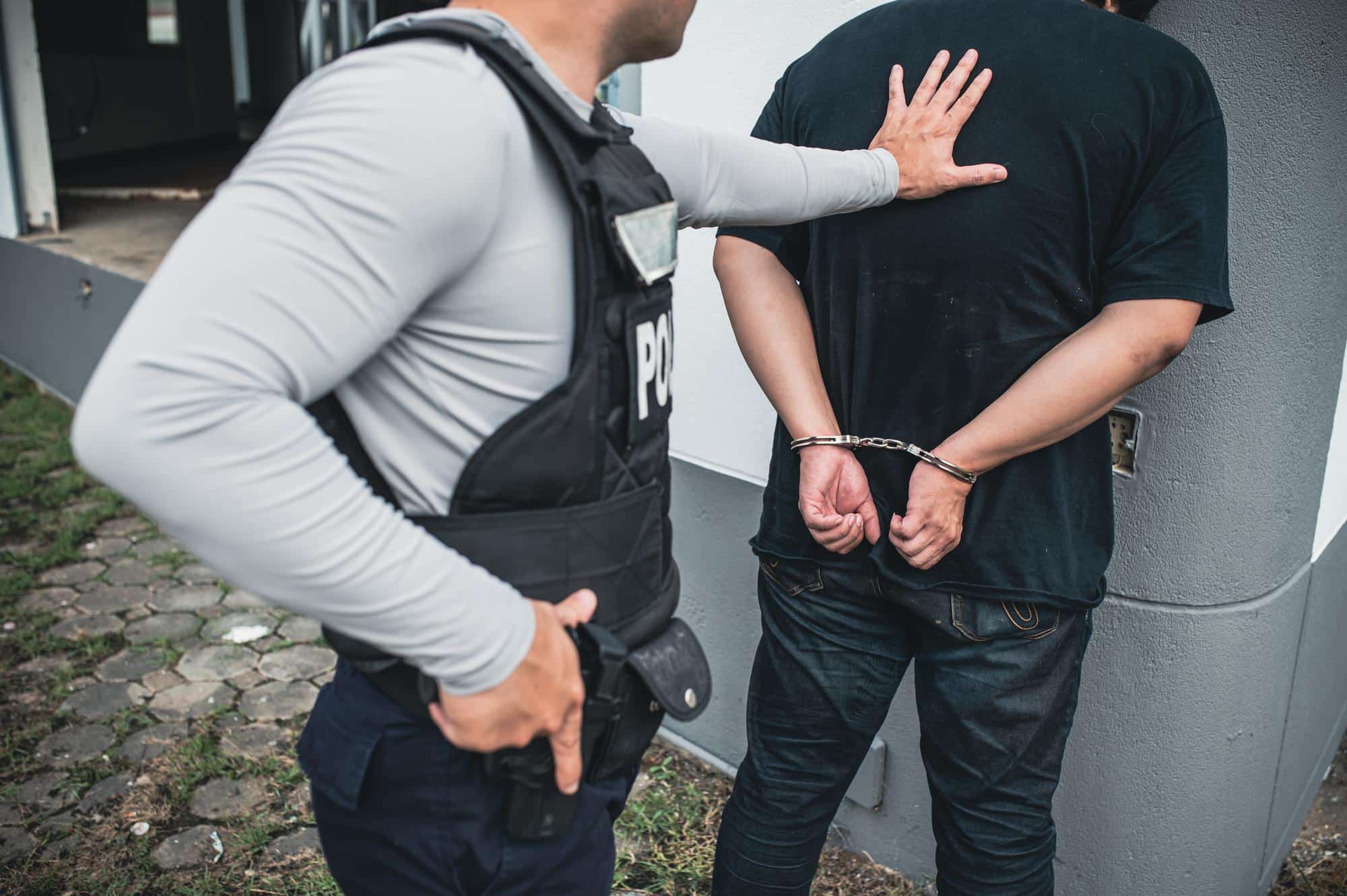Florida Warrant Search
Do you want to know how to check for a warrant in your name in Florida? Luckily, you can do so online from the safety and privacy of your own home or mobile device. It’s essential to remember that if you do find an active warrant in your name, you contact arrest warrant lawyers at the Weinstein Legal Team before taking any next steps.
The Weinstein Legal Team can advise you on how to proceed, whether to turn yourself in and what documents to gather before contacting the courts. Your chances are always better when you have a Florida criminal defense attorney fighting on your behalf to protect your rights and keep you out of jail.
Finding Arrest Warrants In Palm Beach County, Florida
To find active or outstanding warrants in Palm Beach County, visit the My Palm Beach Clerk Court Records online portal. Click “Search Court Records” and then select the option to “Continue As a Guest.” Here, you will find information pertaining to court dates, criminal charges, sentencing, official documents, and more.
If applicable, warrants in Palm Beach County will also appear in the appropriate state and federal databases.
Additionally, as criminal warrants are public information, you should be able to find out if there is one in your name by calling the courthouse, or by appearing at the courthouse and requesting a copy of your records. Always consult an arrest warrant lawyer before appearing at the courthouse, as law enforcement may take you directly into custody.
Finding Arrest Warrants In Broward County, Florida
Finding an arrest warrant in Broward County, Florida, is also simple. Use the online portal available at the Broward County Clerk of Courts website. Like Palm Beach County, you can also find out if there’s an active warrant in your name by calling the courthouse or by appearing in person, however it is always best to speak with a lawyer before doing so.
Applicable warrants in Broward County will also show up in the designated state and federal databases when you run a search in Florida.
How Do I Know What County My Warrant Is In?
We often hear questions regarding what county an active warrant will appear in, and sometimes, individuals have difficulty seeing if there are any warrants in their name because they don’t know where to search.
An active or outstanding warrant will always appear under the jurisdiction where the offense occurred. For example, if you have a bench warrant for a missed court date, the warrant will appear in the county of that initial court date, even if that is not where you live.
Call Us To Handle Your Active Warrants
Several types of active warrants exist, but a judge must issue them all. A “warrant” is an “authorization or sanction” granted by a judge to local law enforcement or governing bodies. It permits, directs, or allows members of law enforcement to take a specific action – usually to take you into police custody under arrest.
If you have any of the below active warrants, call the Weinstein Legal Team today.
1) Search Warrant
Your Constitutional rights protect you against illegal search and seizure, meaning that law enforcement must have probable cause and a legal warrant to search your home or property. This type of warrant outlines what premises or property police can search for the purpose of finding evidence pertaining to a specific and documented crime.
2) Arrest Warrant
An arrest warrant authorizes the detention and arrest of a named person as the result of a specific crime – usually a crime that takes place outside of the view of law enforcement. This means that if police watch you commit a crime, such as assault, they do not need this type of warrant before making an arrest.
3) Capias, or Warrant For Failure To Appear
A judge may issue a warrant in your name if you fail to appear for a scheduled court appearance.
For a misdemeanor charge, this is called a bench warrant or capias. Police may place you under arrest upon apprehending you and you may remain in custody until your next court date.
When someone charged with a felony fails to appear, a felony warrant called an alias capias will be issued.
For juveniles facing charges, a pickup order is issued.
4) Warrant For Failure To Pay
Many conviction penalties stipulate that the defendant must pay certain fines, surcharges, fees, assessment costs, or incarceration costs as punishment for their crime. Additionally, sometimes you may have to pay restitution to a victim, or for items such as traffic tickets. If you fail to pay these costs or fall behind on payments, a judge may issue a warrant for your arrest.
5) Warrant for Violation of Probation
A warrant can be issued when a judge signs a warrant from a probation officer.
6) Child Support Arrest Warrant
If the court orders you to pay child support to a co-parent and you fail to do so, a judge may order a warrant for your arrest. Even though child support matters are generally decided in family court, and are not criminal matters, failing to pay can land you in criminal court. Additionally, failing to appear for a child support hearing can result in issuing a bench warrant.















